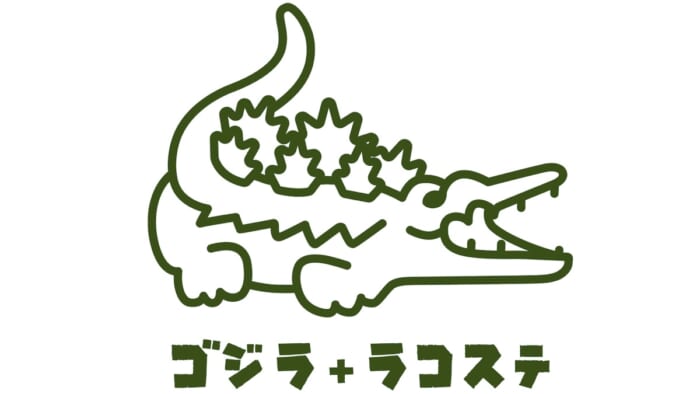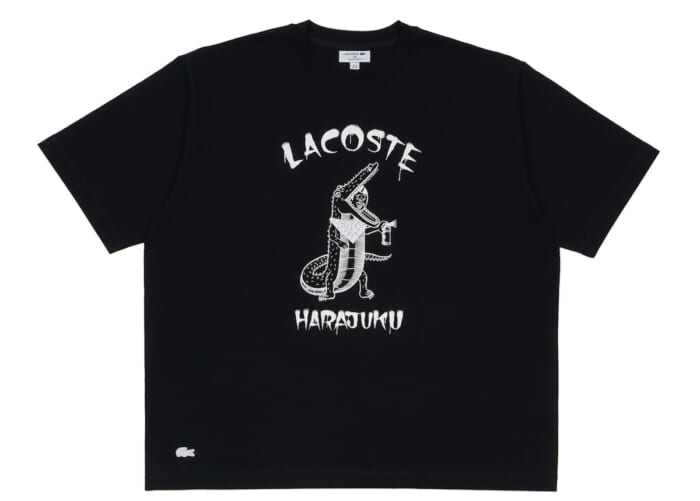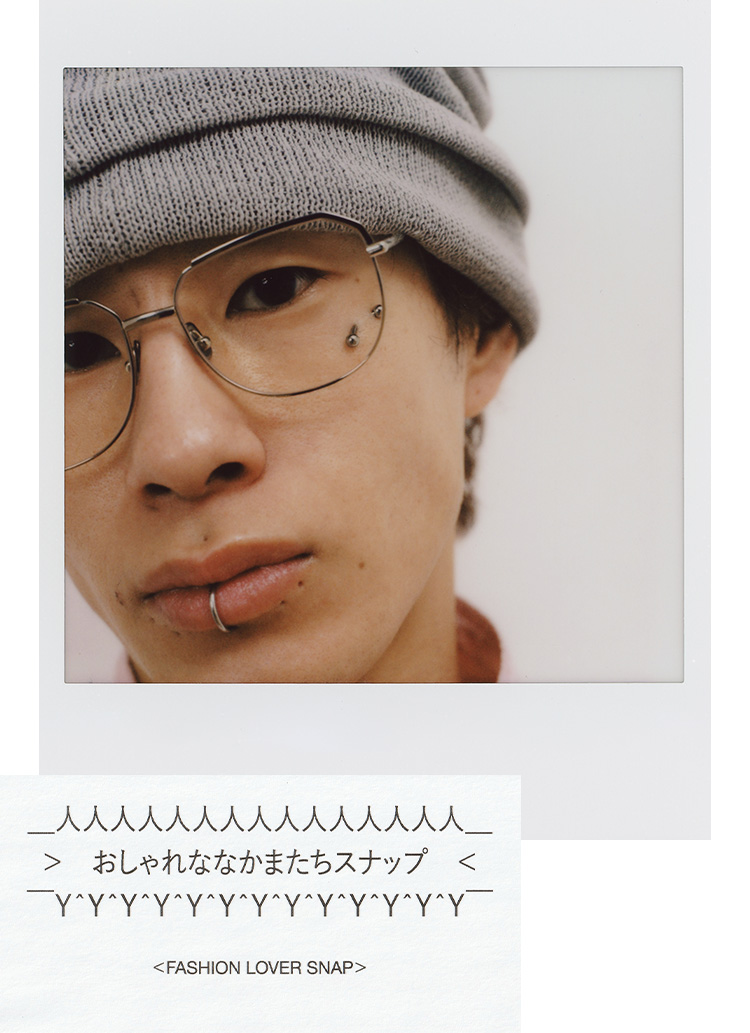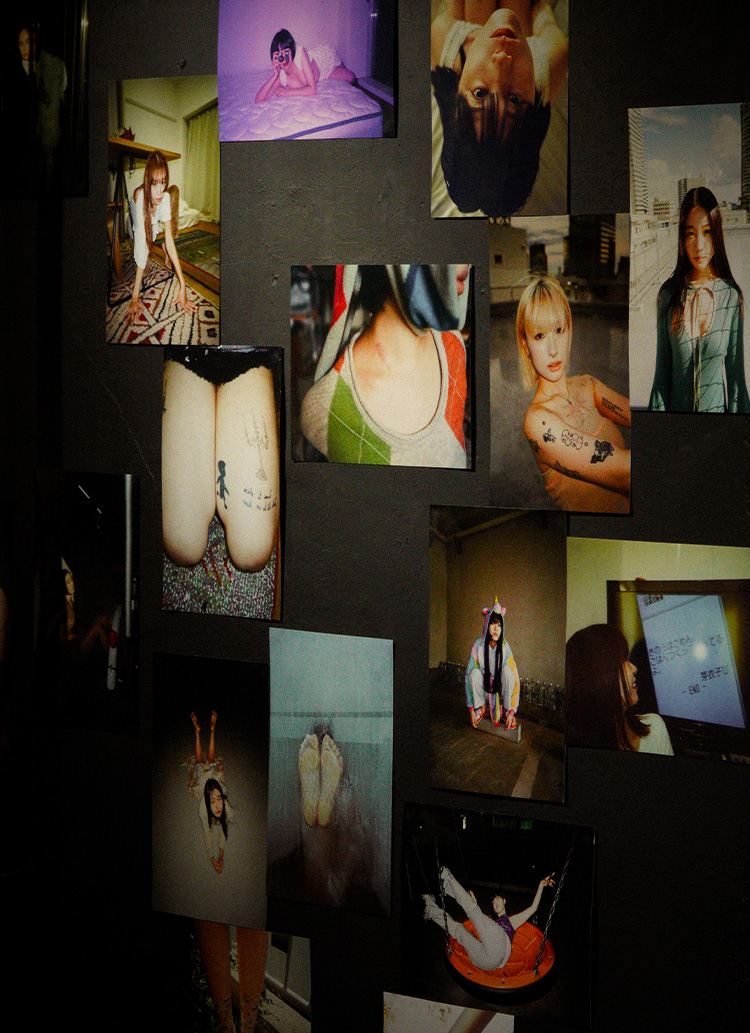Dancers as artists.
We want to create a place in the spotlight.
I heard that you started dancing a little later than others.
YUMEKI: I started at the age of 13, after entering junior high school, and since most people start learning at the age of 5 or 6, I had 7 or 8 years of experience at that point.
Did you play any other sports?
YUMEKI: I was actually not very good at sports as a child, although I dabbled in swimming and soccer under the influence of my older brother. Rather, I liked playing the piano and other musical instruments and singing. So at first I went to a school to learn to sing. I happened to take a dance class there, and I enjoyed it so much that it was over in an instant. I immediately switched from singing to dancing.
I think it must have been difficult for you to take on the challenge during your adolescent years when all the other children around you had experience.
YUMEKI: I would normally feel embarrassed and uncomfortable because there were kids younger than me who were much better at it. Of course, I was not completely free of such feelings, but my love for dancing overwhelmingly outweighed them. I started dancing once a week, then twice a week, then three times a week, and finally I asked my parents to let me go to school every day. It wasn't that I worked hard or made an effort, it was that I really liked dancing and enjoyed it.
You went to the U.S. from there, didn't you?
YUMEKI: I went for the first time during spring break before entering high school and was shocked by a sight I had never seen before. It was the first time I became aware that I wanted to dance professionally.
Is the impact technical? Is it a sensory thing?
YUMEKI: Of course, there are technical aspects, but the environment itself is completely different from that in Japan. Americans have no sense of "embarrassment" in expressing themselves. I didn't understand English at the time, but I felt a strong sense of "I like this, and I want to do it because I want to do it. I wanted to be active in this world. However, I was still in high school and had to go to school, and at the time there was still a strong tendency to think that "dancer is not a profession," so it was difficult to get people around me to understand. But I had confidence that I could make it.
In March when I was graduating from high school, I received an offer via SNS to do a workshop overseas for the first time. That was the beginning of a series of invitations from various countries.
Is that how you ended up in Korea?
YUMEKI: That was by chance. I was taken to "1MILLION DANCE STUDIO" on the last day of my trip to Korea with a friend. The president of the company saw the lesson I took just as it was happening and said, "I would love to work with you someday. A few months later, he really contacted me and invited me to Korea. I was surprised that I ended up living abroad less than a year after graduating from high school.
YUMEKI: "PRODUCE 101 JAPAN THE GIRLS" was a great success last year, how did you get involved as a trainer?
YUMEKI: We were approached by a Korean production company. I was mistakenly told that it was an offer to perform as a trainee, since "PRODUCE 101" is a very famous program in Korea, and most of the trainers are veterans, so at first I mistakenly thought I was being offered the chance to perform as a trainee (laughs). I was happy to find out that I was a trainer, but at the same time I was conflicted because I would be in the position of evaluating and judging someone. As I told the trainees at the end of the finals, I myself was an active player who had appeared on a Korean survival audition program not so long ago, so I was not sure if I could take on such a responsible role in someone's life. But because I am such a person, I thought I could give advice and support to everyone. In fact, I learned a lot from the trainees. Age and experience have nothing to do with personal growth, and it is important to challenge yourself. I was also surprised at how fast people grow when they get serious, and it made me realize that I have to work hard, too.
The program has brought me to know many Japanese people, and I hope to do a little more work in my home country, Japan, this year.
What are your goals for the future?
YUMEKI: When I decided to go to Korea, there were still no Japanese active in the Korean dance scene. It was a hurdle for me to be the first one to go to Korea, and to cut my way through the darkness where no path had yet been created, but I ran with the goal of creating a path for the next generation and of becoming a bridge between Japan and Korea.
When I see the number of Japanese children who want to become K-pop idols or become active in dance increasing, I am truly glad that I have done this. It makes me very happy to know that my actions have pushed someone else forward.
As for my future goals, I would like to continue to be active in the forefront and become a "dream" for children who want to become dancers in 5 to 10 years time. Of course, I also want to support them. There are still very few opportunities for dancers to be in the spotlight as artists, so I would like to create such a place.
What are your goals as a choreographer?
YUMEKI: People tend to think that choreography is just thinking about choreography, but choreographers are in the business of making artists shine. I am always thinking about how to bring out the best in them when they are on stage, including their strengths and weaknesses. To this end, I want to study and direct areas outside of my genre, such as how they will look when captured in a video or how they will look on stage. I want to be able to provide support while being aware of the stage, music videos, costumes, lighting, and everything else.
I am sure we will be able to see YUMEKI's full production on the stage of ME:I, a group born out of an audition.
YUMEKI: I feel like a parent because a group that I have been involved with as a trainer has been born. Right now, the members and I are making various preparations in Korea, so please look forward to it!


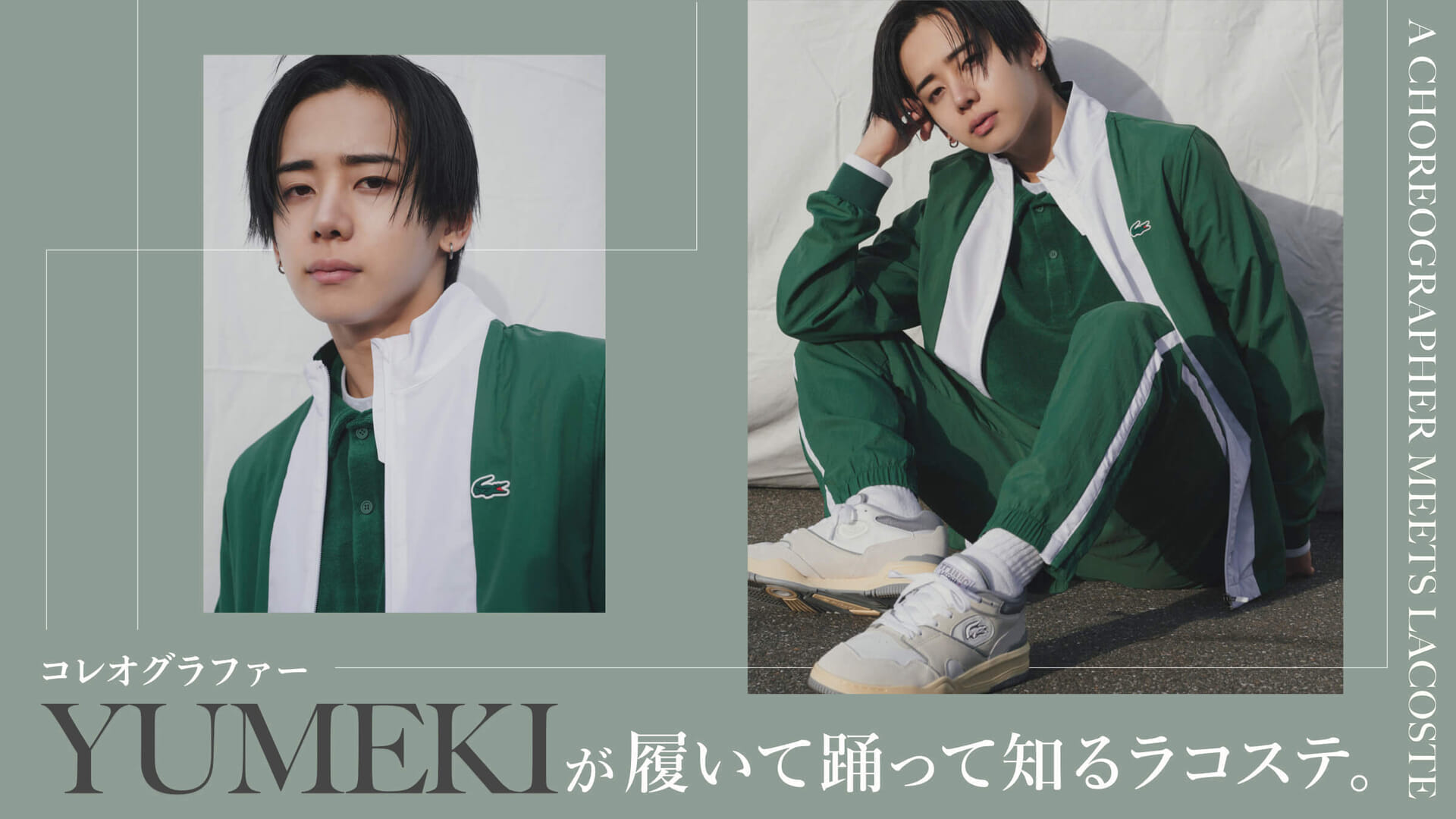
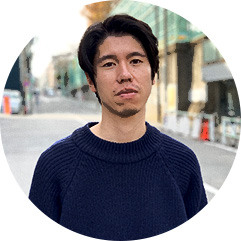
![Serialized 【 Minor Goods Illustrated] VOL.13 Lacoste in Winter, not Polo.](https://www.houyhnhnm.jp/wp-content/uploads/2025/09/minor-good_13c-700x700.jpg)
